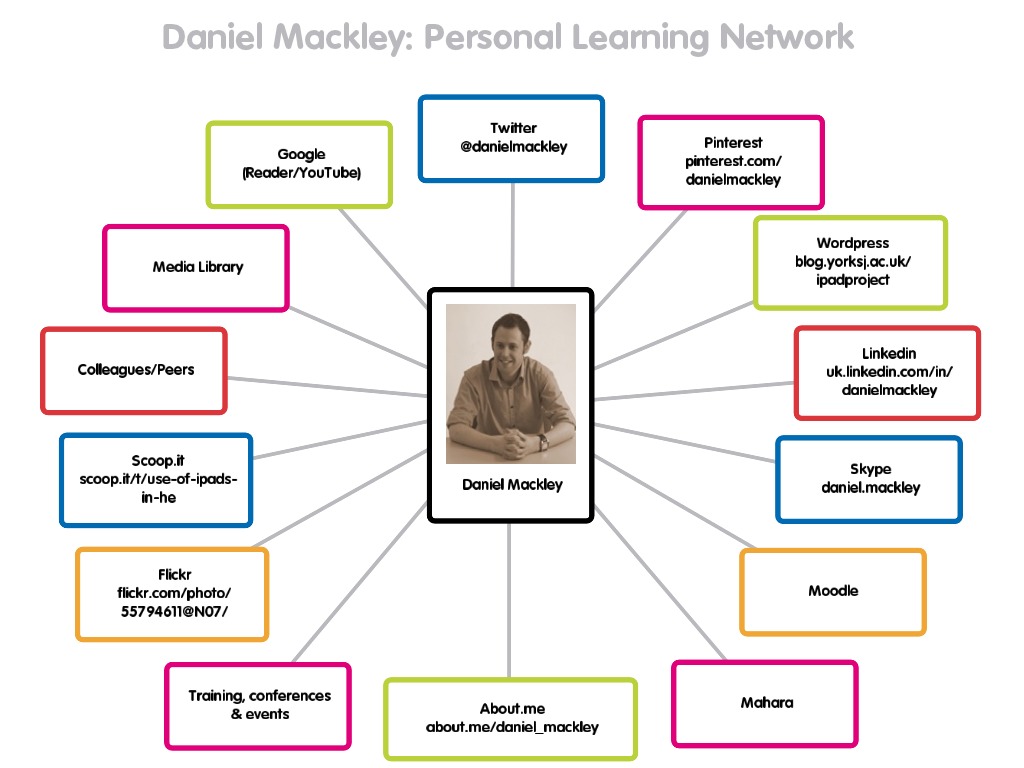
What is a Personal Learning Network/Environment? Technology Enhanced
Introduction to Personal Learning Environments Developing an effective Personal Learning Environment (PLE) is fundamental to fostering independent learning and lifelong educational development. It's a concept that all learners should understand and leverage to gain the most out of their educational experiences. In essence, a Personal Learning Environment is the sum of all the tools.

Personal Learning Environment eduToolkit
A Personal Learning Environment (PLE) is a system that helps learners take control of and manage their own learning. This includes providing support for learners to set their own learning goals, manage their learning, manage both content and process, and communicate with others in the process of learning. A PLE represents the integration of a.

Penvirtual My Personal Learning Environment
The Personal Learning Environments can be seen as a system, a platform, an idea, or a path. Personalized learning is a part and a goal of the Personal Learning Environments. The primary purpose of PLEs is to "create an environment for handling learning in the hands of the learner".
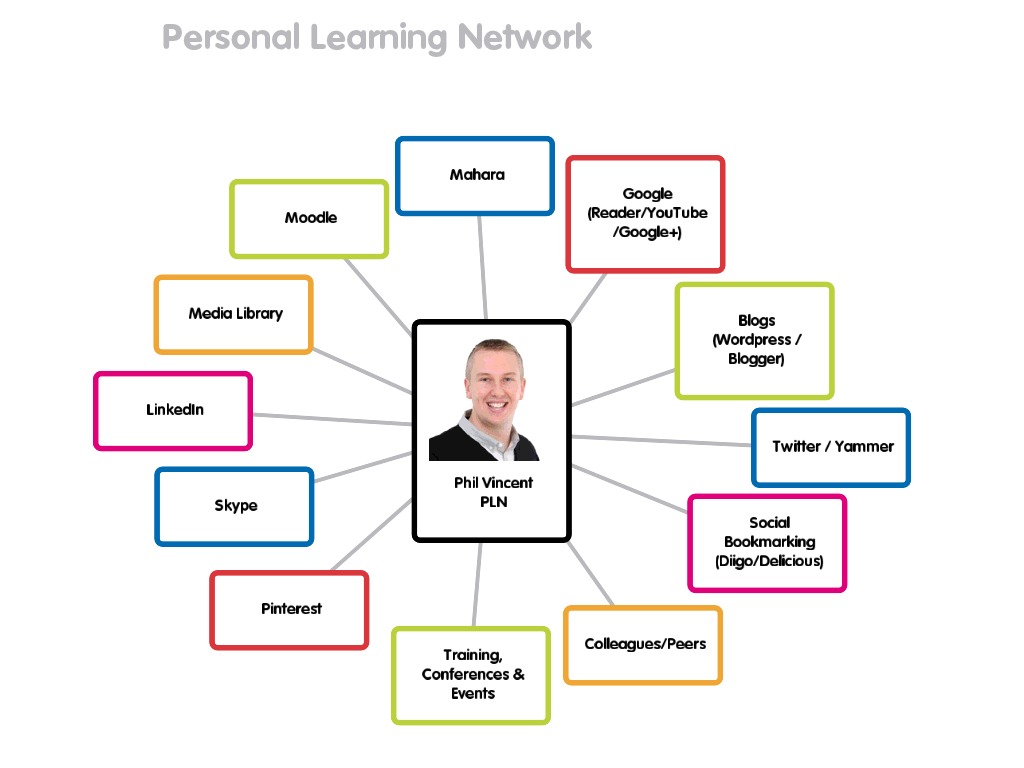
What is a Personal Learning Network/Environment? Technology Enhanced
Introduction. The learning environment (LE) comprises the psychological, social, cultural, and physical setting in which learning occurs and in which experiences and expectations are co-created among its participants (Rusticus et al., 2020; Shochet et al., 2013).These individuals, who are primarily students, faculty and staff, engage in this environment and the learning process as they.

That's my PLE Personal learning environment Online Teaching Resources
What's less clear is what exactly a personal learning environment is. Its relatively new and flexible structure can make what's known as a PLE hard to pin down for many people, even though the.

10 Characteristics Of A Highly Effective Learning Environment
Personal Learning Environments (PLEs) are Web 2.0 and social media technologies that enable individual learners the ability to manage their own learning. Self-directed learning is explored as a foundation for the use of PLEs. I outline the optimal criteria for social media tools to be used as PLEs: they must be easy to use, open, dynamic, and.
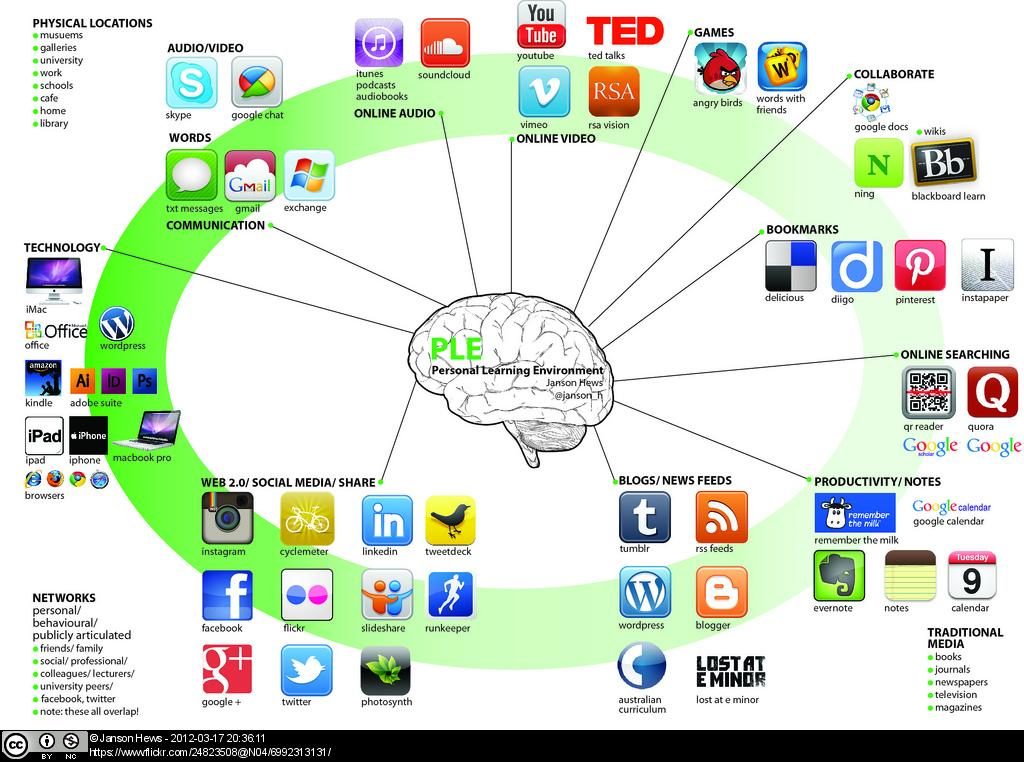
How are our students using digital tools for learning? Learning
Personal learning environments (PLEs) hold the potential to address the needs of formal and informal learners for multi-sourced content and easily customisable learning environments. This chapter presents an overview of the European project ROLE (Responsive Open Learning Environments), which specialises in the development and evaluation of.
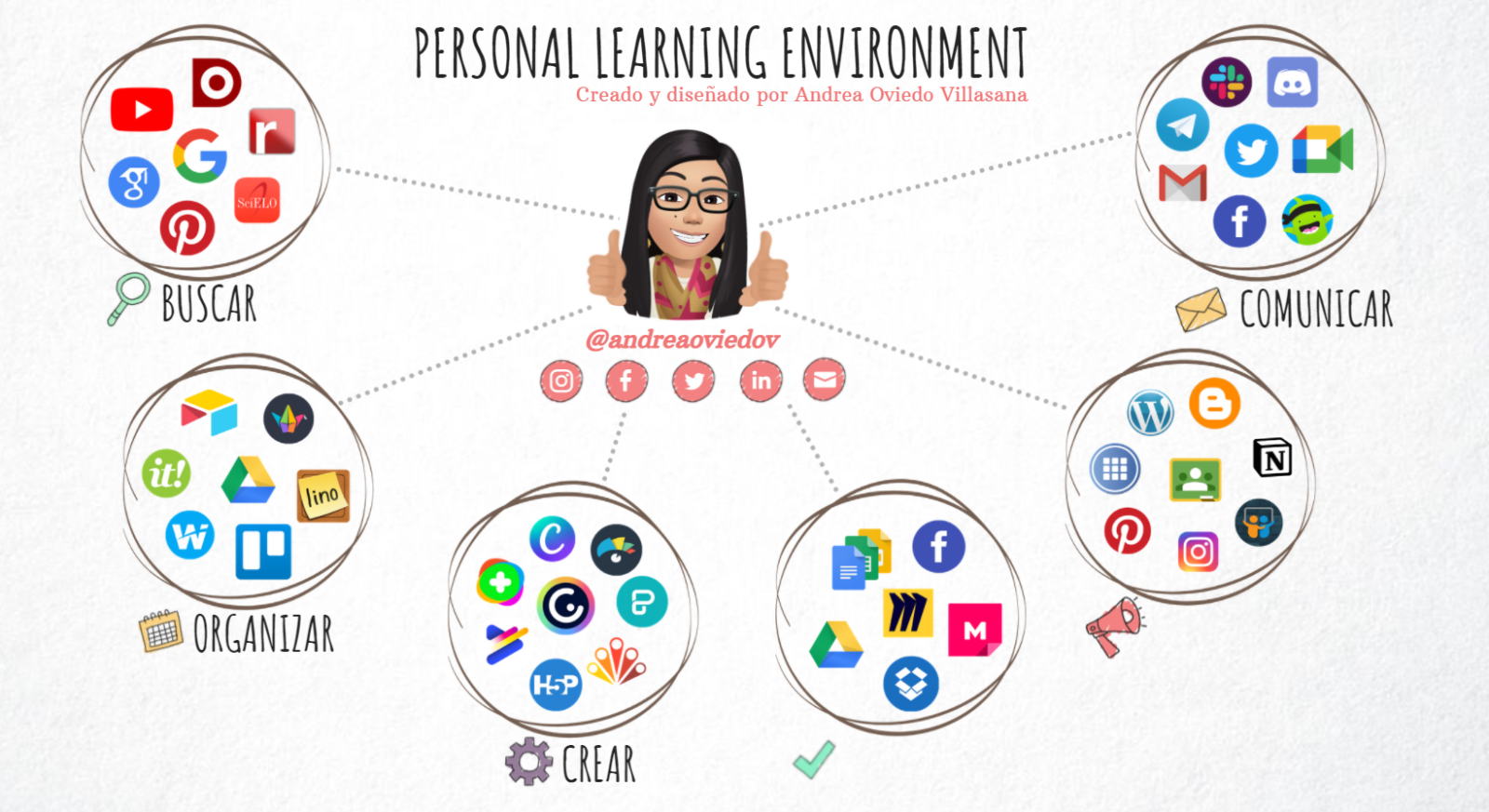
Personal Learning Environment Apps para profes
Your Personal Learning Environment (PLE) is the combination of tools, people, and services that make up individualized resources and approaches to learning. It's centered around the individual's.

An example of how blended learning forms part of the personal learning
The growing ubiquity of web 2.0 has created a new paradigm shift from traditional education methods and strategies to student-centered Personal Learning Environment (PLE) methods and networks. The PLE is an emerging learning concept that relies on the student's personal needs and preferences to create an individualized and flexible learning environment space. In this study, we focused on.

The Personalized Learning Environment Diagram and the Blended Learning
A Personal Learning Environment is a "next generation" learning portal enabling learners to manage and control their own learning experience. PLEs represent the dawn of a new era in action learning, one that facilitates individual freedoms inherent in action learning. PLE's represent an important technological advance over existing.

My Personal Learning Environment Path to educational technology...
Personal Learning Environments offer great benefits like customization and flexibility. Students get a personalized learning experience according to their goals and styles. PLEs provide tools and resources that fit each student's habits and pace. This means students can learn on their own terms, making the experience both fulfilling and.
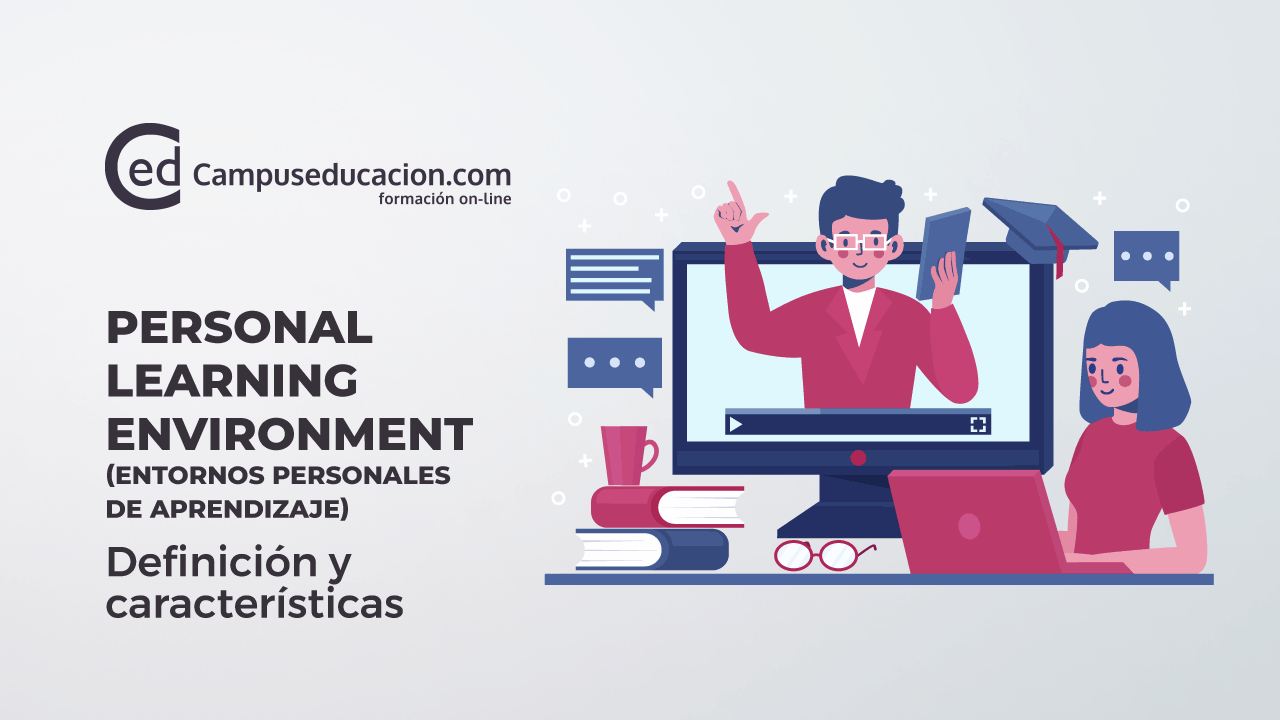
Personal Learning Environment
A personal learning environment involves new pedagogy. In other words, it offers a new approach to understanding learning processes with information technology and knowledge. A Personal Learning Environment (PLE) refers to a new way of understanding the teaching-learning process. The pedagogical approach of PLEs refers not only to the content.

What is Personalized Learning? Personalized learning, Personalized
Abstract. The term personal learning environment (PLE) describes the tools, communities, and services that constitute the individual educational platforms that learners use to direct their own learning and pursue educational goals. PLEs represent a shift away from the model in which students consume information through independent channels such.
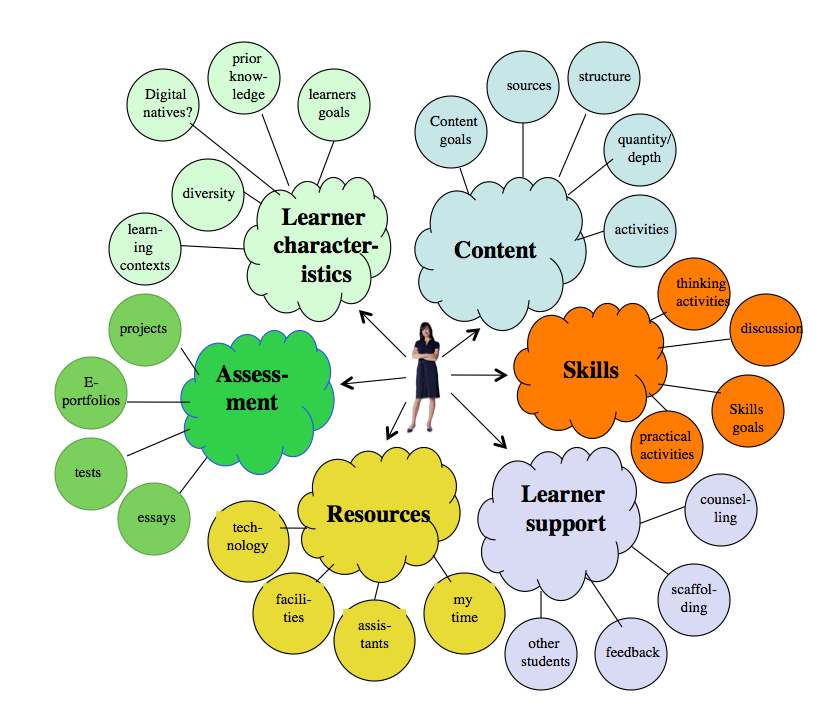
A.2 What is a learning environment? Teaching in a Digital Age
Model #4: The Four C's Model. In this model, created by Chris Sessums, the blog is the personal learning space that serves as an activity hub and is informed by the individual (node) and collective activities (network). The model consists of these activities: Collect: gather articles, tools, data, images and resources.
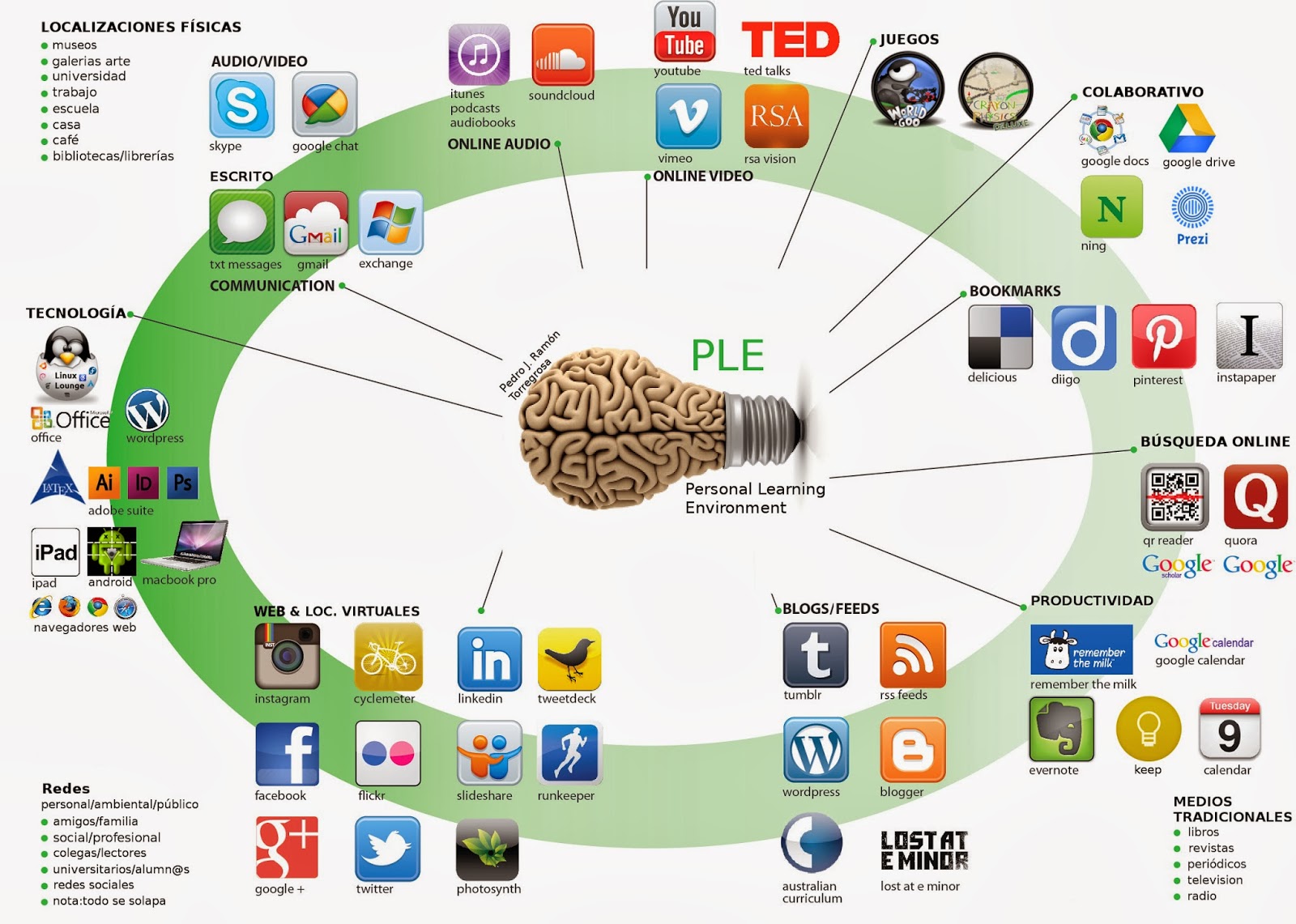
Personal Learning Environment by Pedro Ramón MI PLE (Personal Learning
Educators who focus on the "social," "open," and "network" aspects have integrated multiple Web 2.0 technologies as the best strategy for learning (Dede, 2008) and supporting their existing online instructions. The integration of multiple Web 2.0 tools (i.e., multi-tools platform) has been recognized as an instructional tool with.

Personal Learning Environment Social Network
Graham Attwell defines Personal Learning Environments (PLE) as an idea that firstly integrates "pressures and movements" like lifelong learning, informal learning, learning styles, new approaches to assessment, cognitive tools. Furthermore, PLEs are inspired by the success of "sticky" new technologies in ubiquitous computing and social software.